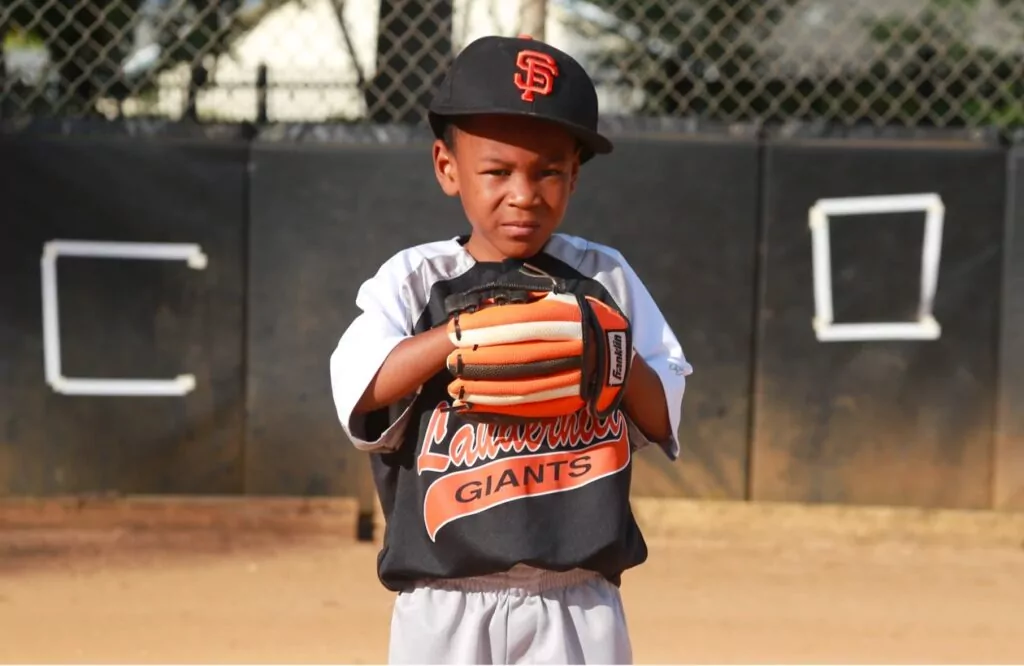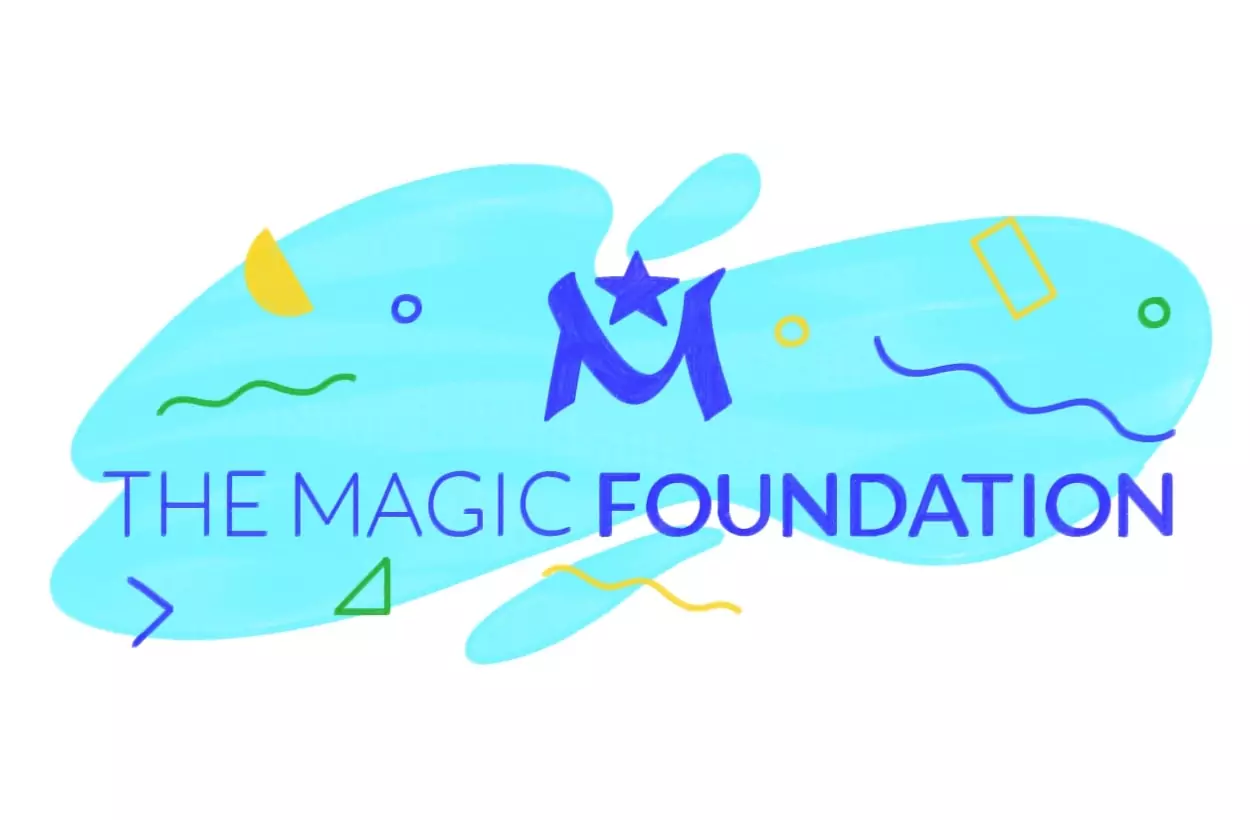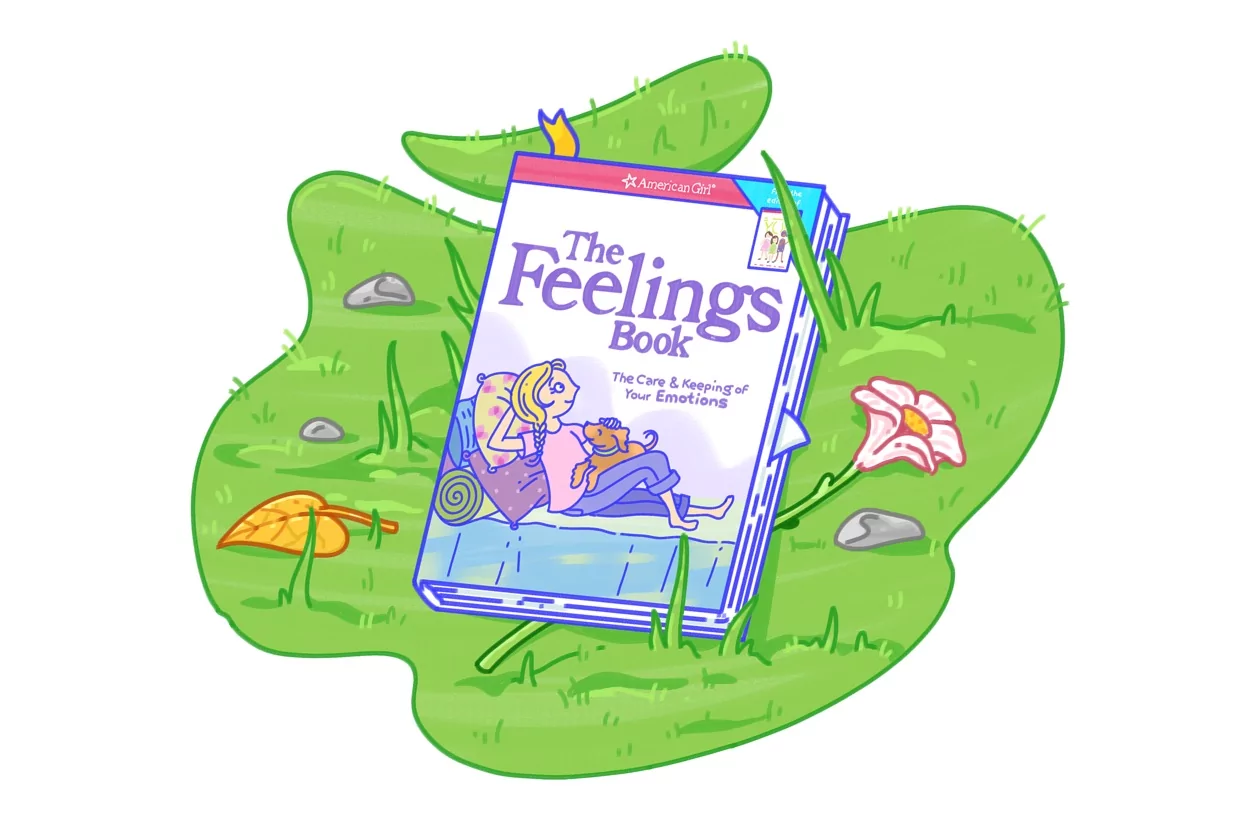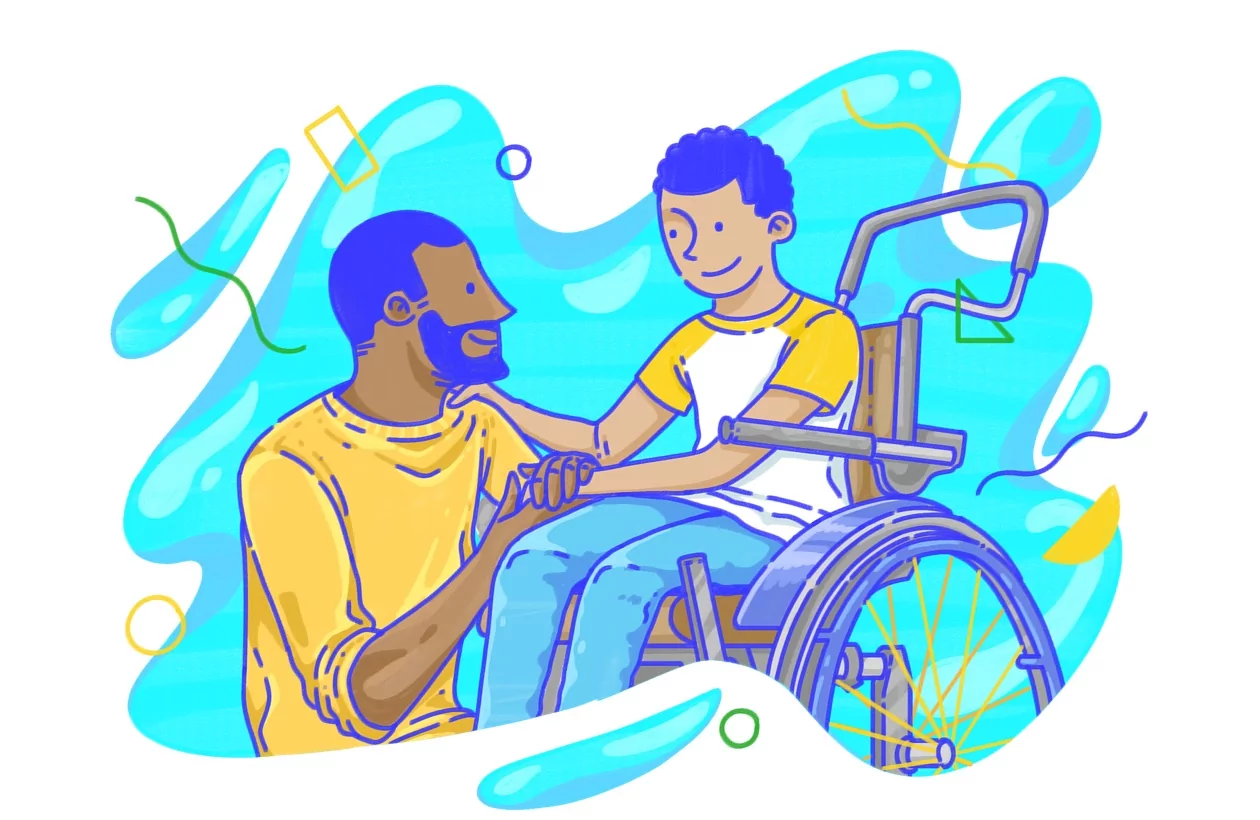Dispelling concerns parents will have about kids being active while on treatment (esp. with spring sports starting)
If your child with CPP is signed up for athletic activities this spring, you may wonder what to expect from coaches and teammates’ parents, or maybe you’re concerned about whether or not physical activity is such a good idea when your child’s body is undergoing treatment. In short, sports are a terrific activity for kids with CPP, but there may be a few social hiccups to prepare for.
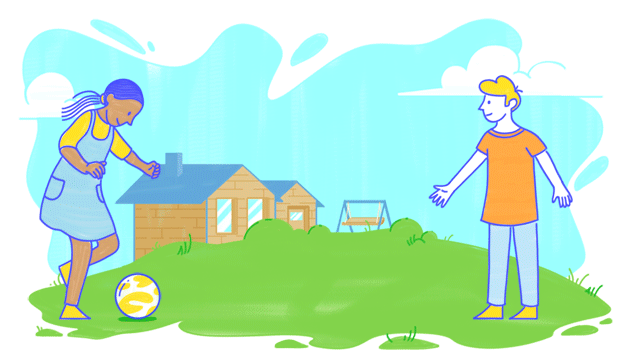
A daily dose of exercise
Whether soccer or swimming, karate or basketball; movement will benefit your child’s motor skills, muscles, and bones, as well as their cognitive and social skills. Particularly helpful for children with CPP, exercise has been shown to control mood swings, release feel-good endorphins, and help kids feel better throughout the day.
Navigating team dynamics
If your kid is entering the world of competitive sports, parents who don’t know your child’s story may assume they’re older than they are — particularly if your child is taller and more developed than their teammates. You may hear whispers in the bleachers about the perceived unfairness of having to defend the ball (or base or goal) against your child, or adult spectators could embarrass your child directly by expressing skepticism about their age to a referee or coach. If this happens, it might be useful to calmly correct this parent and voice that you’d appreciate it if they wouldn’t single out your kid. Remember, you’re not obligated to explain your child’s CPP diagnosis to anyone unless you want to.
Grownups sometimes complicate things in other ways, too. Your kid might be pressured to play sports by coaches and peers because of their height, even if they’re not really interested. If you suspect this is the case, have an honest conversation with your child to assess their comfort level and commitment to a given sport. It might bother them to be noticed for their size, whether that looks like praise or criticism. In today’s culture, girls in particular can struggle with being perceived as bigger than other girls. So if your daughter doesn’t want her height to be the star of a basketball game, ask her what sorts of activities would work for her instead… maybe something expressive like ice skating or dance would better suit her unique personality and goals.
Ultimately, sports should be a chance to move, a way to develop confidence and identify personal interests… and they should be fun!
